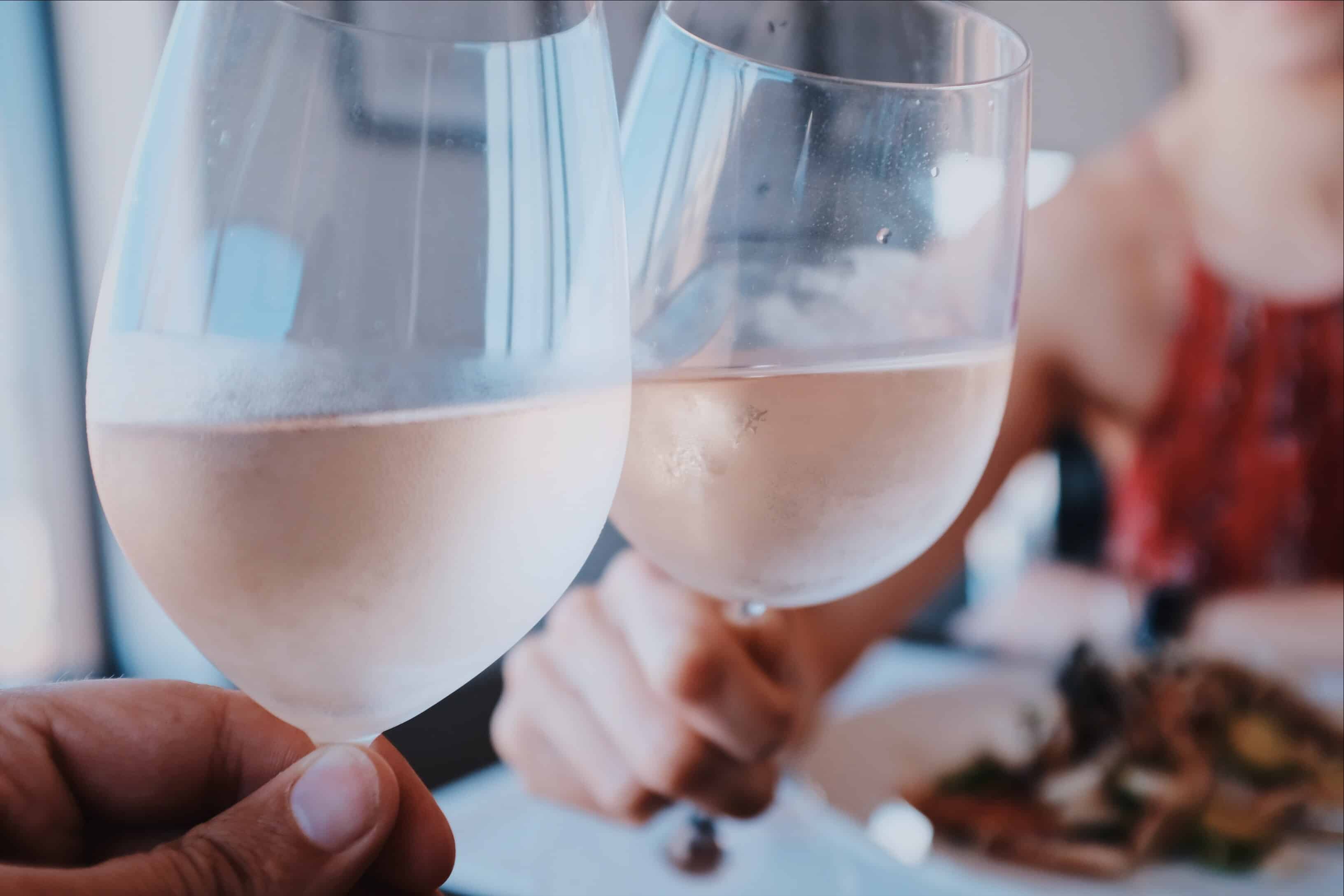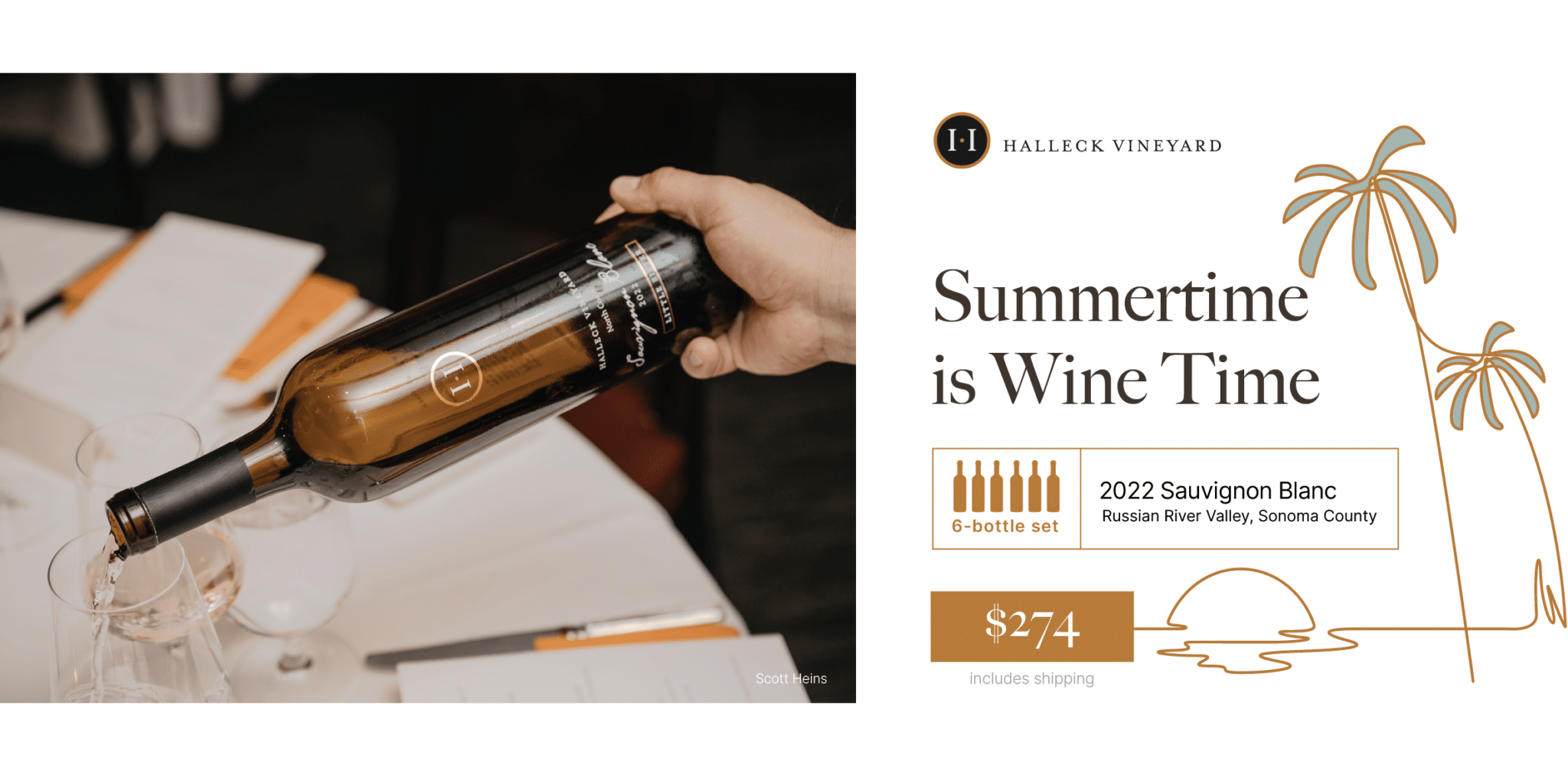Wineries That Host Harvest Festivals - Sonoma Area Winery For Tasting
Wineries That Host Harvest Festivals - Sonoma Area Winery For Tasting
Blog Article
Wineries Offering Off The Beaten Path Experiences - Top-Rated Wineries In Sebastopol
Wine tasting is often thought to be an art type, one that goes past merely enjoying a beverage. It embraces a posh interaction of flavors, aromas, and textures that requires dedicated practice to really grasp. Many who enterprise into the world of wine tasting rapidly notice that it includes rather more than just sipping wine. Bettering sensory skills via devoted winery wine tasting can elevate the experience, remodeling an off-the-cuff ingesting occasion into a sophisticated exploration of the senses.
At a basic stage, wine tasting engages the senses of sight, scent, style, touch, and even sound. Every element plays a crucial function in appreciating the nuances of a wine. When one first pours a glass of wine, the wealthy hues can provide initial insights into its age and varietal. Observing the color and clarity helps kind expectations about the wine's flavor profile. Many don’t totally recognize how this visual evaluation can set the stage for what is to follow.
The subsequent step is to have interaction the sense of scent. Swirling the glass aerates the wine, allowing its unstable compounds to flee and fill the air with its bouquet. The nose entails some fascinating layers—different aromas can signal numerous elements of the winemaking course of, together with the type of grapes used, fermentation strategies, and getting older circumstances. Growing a eager sense of smell can be a game-changer in wine tasting.
Quaint Wineries In Picturesque Settings In Sebastopol - Wineries For Casual Tastings In Sonoma
To enhance this sensory skill, wine enthusiasts are often encouraged to take part in dedicated tastings at wineries. These tastings enable people to focus solely on the sensory experience (Eco-Friendly Wineries In Sonoma County). Tasting sessions led by educated sommeliers or winemakers can provide insights into identifying distinct aromas. Studying to differentiate between floral, fruity, earthy, and spicy notes can empower a taster to articulate their experience with larger precision.
As one practices their sensory skills, they might discover that their taste preferences evolve. This transformation often occurs after multiple tastings. A wine that initially appeared overwhelming might reveal hidden layers of complexity with a little bit of experience. Understanding how to isolate particular person flavors similar to acidity, sweetness, bitterness, and umami contributes considerably to the overall wine experience.
One Other essential component in bettering sensory skills is the context in which wine is tasted. Environmental factors like temperature, lighting, and even the company current can influence perceptions. At a winery, an optimal setting can cut back distractions and enable a more profound exploration of the wine (Wineries In Green Valley). Working Towards aware tasting techniques encourages a more immersive experience, allowing tasters to hone in on their senses.
It isn't solely about individual perception, though. Engaging with others throughout a tasting can also improve sensory skills. Sharing notes and discussing impressions fosters a deeper understanding of the wine. This collaborative method encourages individuals to articulate their sensory experiences, thereby broadening their linguistic repertoire associated to wine tasting.
Quaint Wineries In Picturesque Settings In Sebastopol - Wineries To Visit
Moreover, pairing wine with food can significantly enhance the tasting experience. Totally Different mixtures can convey out unique flavors in both the wine and the dish. As one tastes a wine alongside specific meals, they'll start to acknowledge how sure elements within the wine complement or distinction with what they are eating. This skill of pairing is another layer that enriches sensory development.
Coaching one’s palate can contain a variety of exercises. Some enthusiasts interact in systematic tasting experiences, sampling a range of wines that showcase completely different varietals, areas, or vintages. Exploring this diversity can sharpen the flexibility to discern nuances across different wine profiles. Over time, this practice builds a psychological library of flavors that might be accessed during future tastings.
Notably, written notes serve a twin purpose: organizing one’s ideas and reinforcing memory. By writing down observations about every wine, tasters can monitor their progress over time. Detailing the traits of wines assists in solidifying information, in the end deepening one’s appreciation of what they eat.
Furthermore, attending workshops or classes targeted on sensory analysis can be useful. Many wineries provide these instructional programs to assist individuals refine their skills. Typically, trained instructors guide members through structured tastings, specializing in specific parts of the wine. This level of schooling reinforces the sensory skills asynchronously and challenges tasters to think about their experiences from completely different angles.
Wineries With A Focus On Syrah - Vineyards In The Sonoma Region

Over time, the commitment to enhancing sensory skills via dedicated winery wine tasting can yield vital rewards. The enjoyment derived from wine becomes layered and multifaceted. No longer restricted to a easy desire for "red" or "white," tasters start to understand the stories behind each pour. They cultivate a palette capable of navigating the complex landscape of flavors with confidence.
In conclusion, best winery in Sonoma the journey of enhancing sensory skills through dedicated winery wine tasting is as rewarding as it is enjoyable. It requires focus, commitment, and a willingness to learn, but the outcomes far exceed the initial effort. By participating multiple senses and collaborating in considerate discussions, people not only become more adept at figuring out flavors but in addition develop a deeper appreciation for the craftsmanship behind each bottle. The course of transforms wine from a mere beverage right into a wealthy tapestry of sensory exploration that beckons enthusiasts to delve deeper. As skills enhance, so too does the enjoyment, enriching life experiences one sip at a time.
Wineries With Unique Varietals - Iconic Wineries Of Sebastopol
- Partaking the palate via various wine varieties enhances the flexibility to tell apart flavors and aromas, refining general sensory perception.
- Collaborating in guided tastings promotes centered attention on delicate traits of every wine, nurturing critical tasting skills.
- Learning to determine specific grape varieties fosters a deeper understanding of terroir, which aids in recognizing regional flavor profiles.
- Incorporating food pairings throughout tastings can heighten sensory consciousness, as completely different tastes can affect each other and alter perceptions.
- Practicing the art of swirling and nosing wines allows individuals to connect olfactory cues with taste, improving the power to articulate sensory experiences.
- Attending workshops that emphasize blind tastings trains individuals to rely purely on their senses quite than preconceived notions, enhancing objectivity.
- Elevating sensory skills can lead to better wine selection abilities, empowering individuals to make informed selections primarily based on personal preferences.
- Participating with educated sommeliers presents insights into wine-making processes, which deepens sensory appreciation and enhances vocabulary for describing wines.
- Common participation in tastings encourages reminiscence development of flavors and aromas, aiding within the formation of a personalized sensory profile over time.
- Sharing tasting experiences with friends fosters dialogue, selling communal studying that can improve particular person sensory skills by way of collaboration.undefinedWhat is the aim of enhancing sensory skills via wine tasting?
Improving sensory skills by way of wine tasting permits people to boost their capability to determine and appreciate the assorted aromas, flavors, and textures of wine. This heightened sensory awareness can result in a deeper understanding of wine and an general enriched tasting experience.
Innovative Wine-Making Techniques In Sonoma Valley - Sonoma County Wine Tasting Locations
How can I develop my sensory skills at a winery?
You can develop your sensory skills at a winery by taking part in guided tasting classes that target particular varietals. Interact with educated workers who can present insights and encourage you to take notes in your impressions, enhancing each your observational and descriptive talents.
What should I expect throughout a devoted wine tasting experience?
Quaint Wineries In Picturesque Settings In Sebastopol - Sonoma Valley Vineyards And Wine Tasting
During a dedicated wine tasting experience, expect to sample a choice of wines while receiving targeted schooling about every one. You Will study concerning the winemaking course of, tasting techniques, and how to discern completely different sensory traits, all in a relaxed setting.

Is prior data of wine necessary to profit from a sensory skills workshop?
- Off The Beaten Path Wineries In Sonoma
No prior data of wine is necessary; the workshops are designed for all ranges of experience. Beginners will discover priceless information to construct from, whereas seasoned tasters can refine their skills and expand their palate even further.
How do sensory skills impression my overall wine appreciation?
Charming Wineries With Views In Sonoma Valley - Sebastopol Wine Country Vineyards Adventure
Improving sensory skills considerably enhances your general wine appreciation by allowing you to establish subtleties and complexities in wines. This deeper understanding enriches your tasting experience and helps you try here make informed selections primarily based on personal preferences.
Are there specific techniques I ought to use while tasting wine to enhance my sensory skills?
Charming Wineries With Views In Sonoma Valley - Discover Sebastopol's Wine Scene
Sure, using techniques such because the "SWOT" technique (Sight, Swirl, Odor, Sip, Savor) could be helpful. Pay consideration to the wine's appearance, aromatics, and mouthfeel, and take your time with each sip to fully explore the flavors and sensations.
What type of wines are usually included in sensory skills tastings?
Sometimes, sensory skills tastings include a wide range of wines that showcase completely different areas, varietals, and styles. This diversity helps members determine distinct characteristics and enhances their capacity to differentiate between wines.
Can sensory skills workshops be personalized to my tasting interests?
Wineries Showcasing Local Art And Crafts - Sebastopol Area Wineries Offering Wine
Many wineries supply personalized options for sensory skills workshops, allowing you to focus on specific types of wines or themes that interest you, such as organic wines or distinctive regional choices. It Is greatest to inquire immediately with the winery for tailored experiences.
Is there a way to practice sensory skills after leaving the winery?
Yes, you can practice your sensory skills at home by tasting completely different wines and preserving a tasting journal. Experimenting with varied food pairings and aromatics can additional enhance your understanding of how flavors interact, reinforcing the skills gained on the winery. Report this page